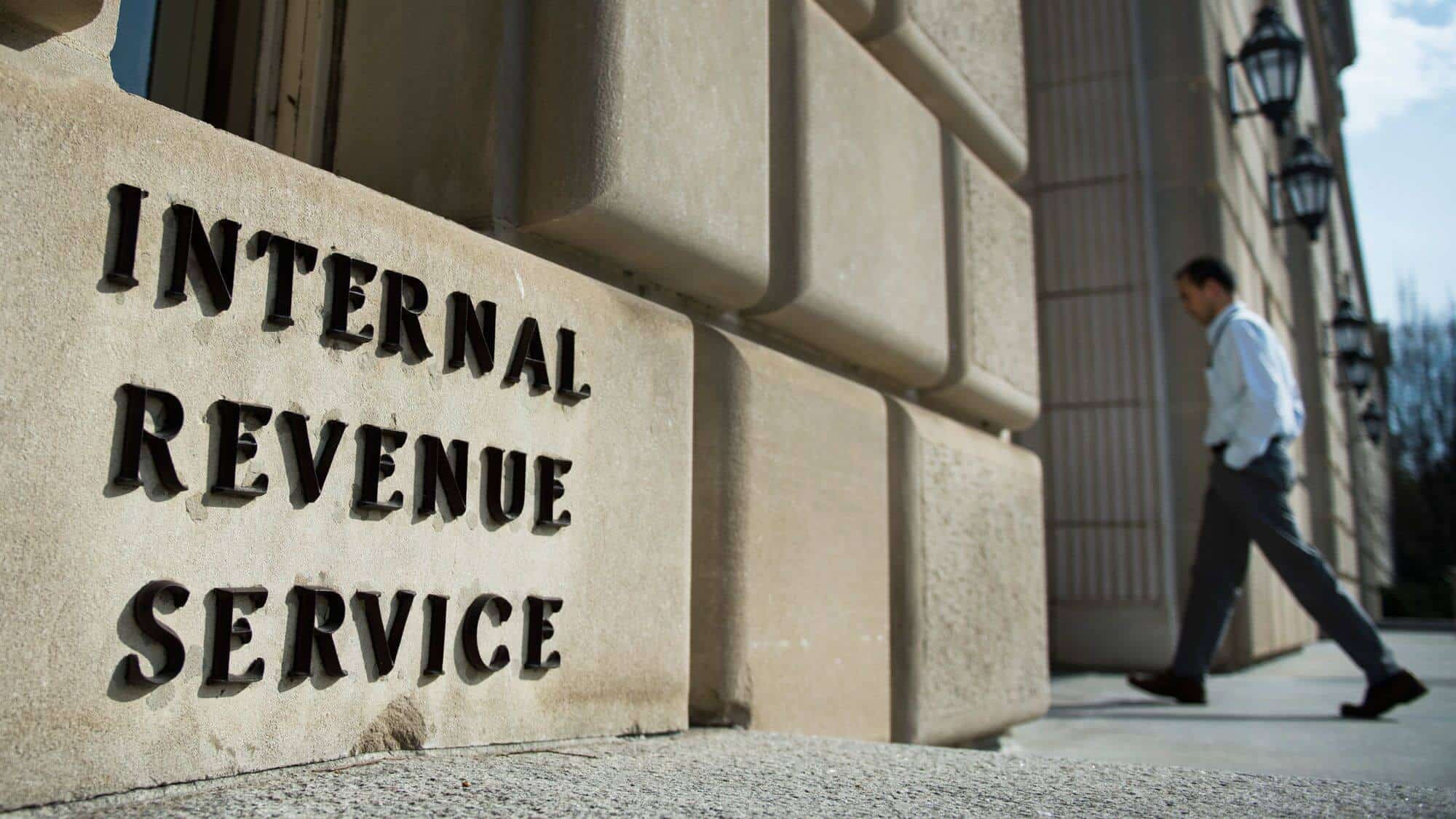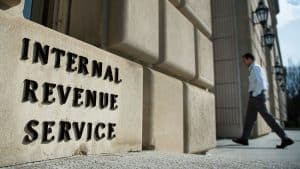Join Our Telegram channel to stay up to date on breaking news coverage
Last month, the Internal Revenue Service (IRS) informed American citizens that they would be scrutinizing crypto activity and working towards catching individuals who use digital assets to evade taxation.
The regulator sent out letters to crypto holders informing them of their intentions, and there was criticism over the tactics being employed by the revenue authority.
Critics said that the letters were ambiguous and sounded like threats to all crypto holders, even those who have not committed any crimes.
More letters for crypto holders
The IRS is now sending out another set of letters to digital asset holders. The tax body is now including the exact amount a holder owes them in the letter as they step up their efforts to collect due tax for cryptocurrency traders.
This kind of letter is known as a CP2000, and it is sent to an individual who has discrepancies between their reported tax returns and the information the IRS has about how much the taxpayer owes.
The letter states the amount which the IRS believes has omitted from the reported tax returns. A taxpayer can lodge a counterclaim disputing the agency’s claims within 30 days of having received the letter. The recipient is obliged to respond to the letter or they risk including further penalties and fines for lack of response.
By specifying the amount of money one is believed to be owing, the CP2000 is considered a more serious letter in comparison to the first batch of 10,000 letters sent by the IRS. It also shows from which sources the IRS got their information regarding how much an individual may owe the state.
One letter reveals that the IRS got their information from a Form 1099-K, which is a document sent out to a trader after they have completed transactions above a certain amount on an exchange.
Flaws in using 1099-K forms
When the first batch of letters was sent out, there were concerns that the IRS may not have enough accurate information to determine whether or not an individual has underreported their tax returns.
If the regulatory body is only consulting the 1099-K, the fears that people who engage in online cryptocurrency trading may have false claims issued against them could be realized.
The 1099-K shows the total transaction volumes an individual has completed and not how much profit an individual has made through those trades. This means that a crypto holder could be charged tax for money which they didn’t make and thus these people would lose even more to the IRS.
It will also be difficult for individuals to prove to the IRS that the reported tax returns are accurate if the 1099-K is the document being used to judge this accuracy. It puts crypto traders in the tax regulator’s crosshairs and places these individuals at a major disadvantage.
The exact number of CP2000 letters sent out is still unclear, but these developments will concern crypto holders. Time will tell if the IRS is willing to give crypto traders a fair chance as far as these issues around tax go.
Join Our Telegram channel to stay up to date on breaking news coverage


